Michelin launches Zen@Terra agricultural tyre pressure system in UK
Michelin has launched its latest agricultural tyre technology in the UK. Zen@Terra connects directly into the tractor’s ISOBUS system. It allows farmers to switch between low pressures, for maximum soil protection, and higher pressures, to maximise performance on the road. The system is designed for fitment in combination with a central tyre inflation system (CTIS) and Michelin’s Ultraflex tyre range – although it can be used with any Michelin agricultural tyre. Michelin adds that the process takes a matter of minutes and can be operated via an easy-to-use, integrated in-cab touch-screen display.

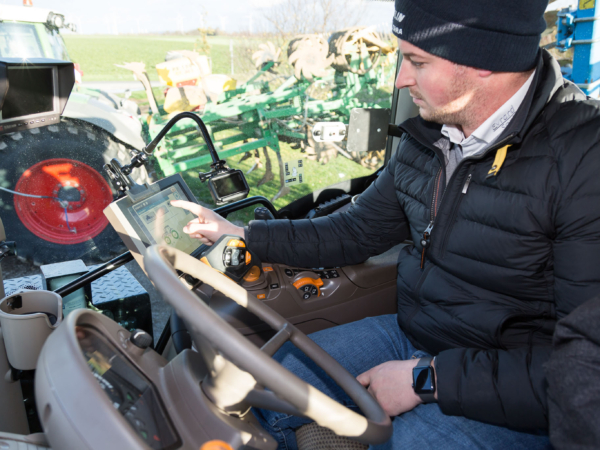 Michelin
Michelin Goodyear Farm Tires
Goodyear Farm Tires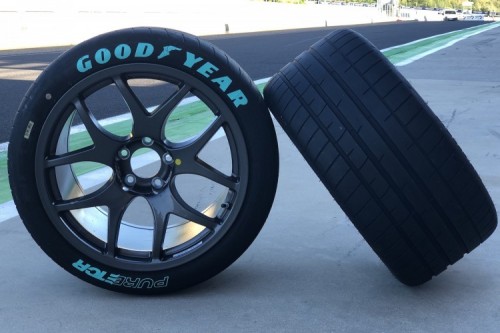 Goodyear
Goodyear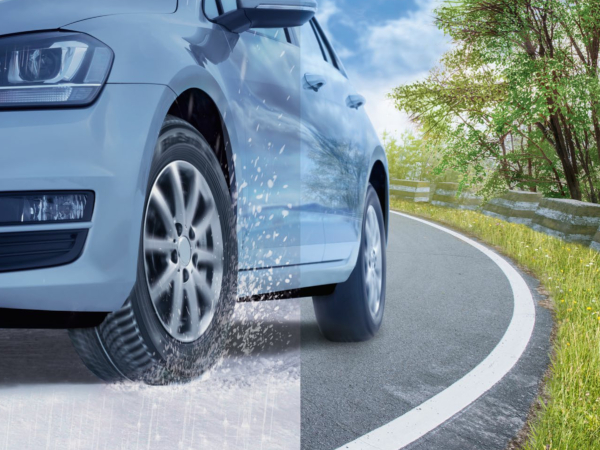 Yokohama
Yokohama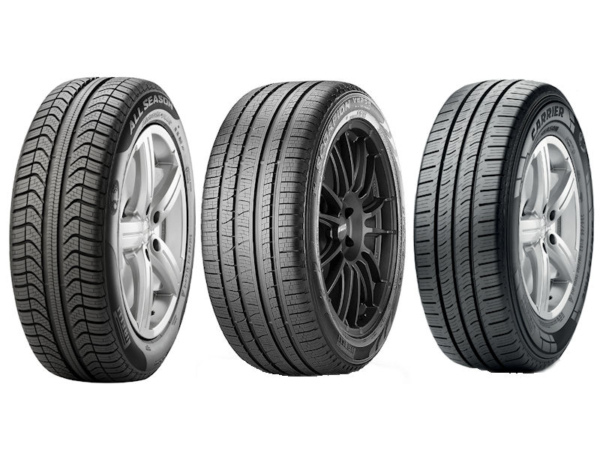 Pirelli
Pirelli Goodyear
Goodyear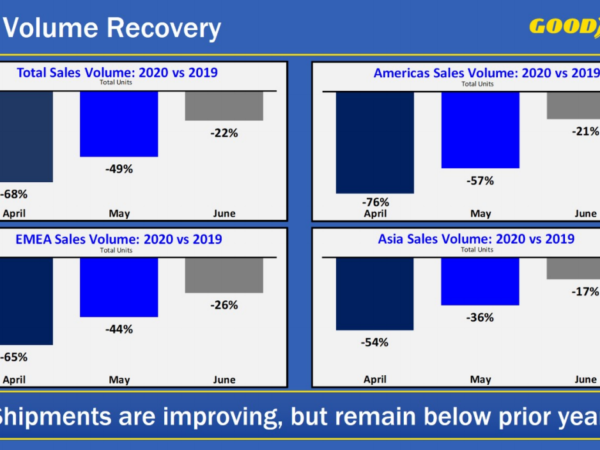 Goodyear
Goodyear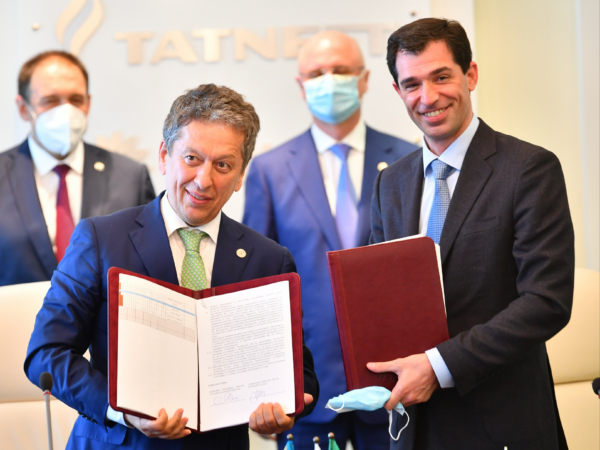 Tatneft
Tatneft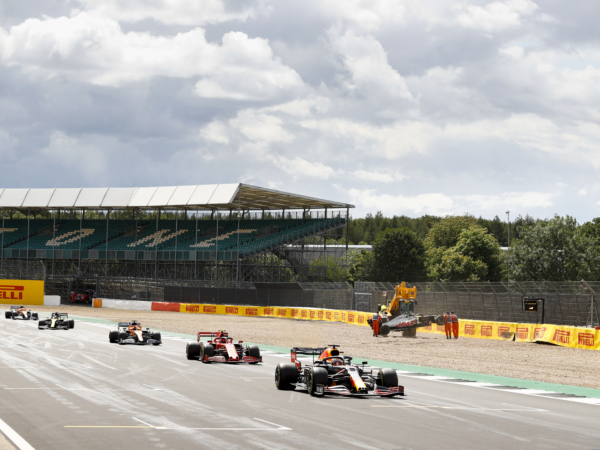 Glenn Dunbar / LAT Images
Glenn Dunbar / LAT Images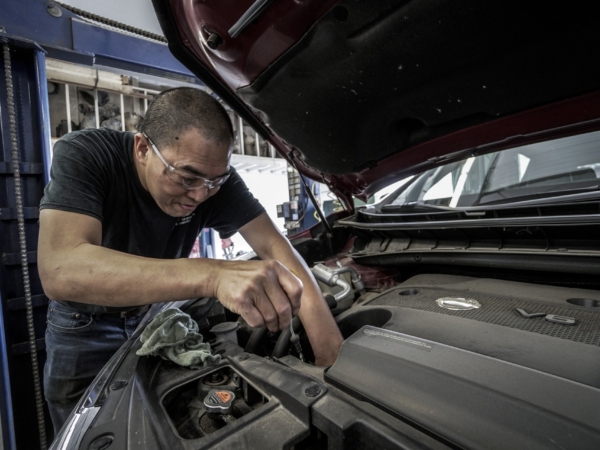 Ryan Doka; Pixabay
Ryan Doka; Pixabay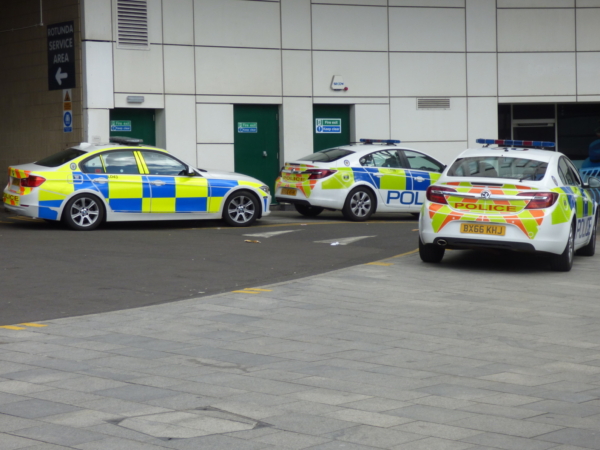 West MidlanSer Amantio di Nicolao; flickr
West MidlanSer Amantio di Nicolao; flickr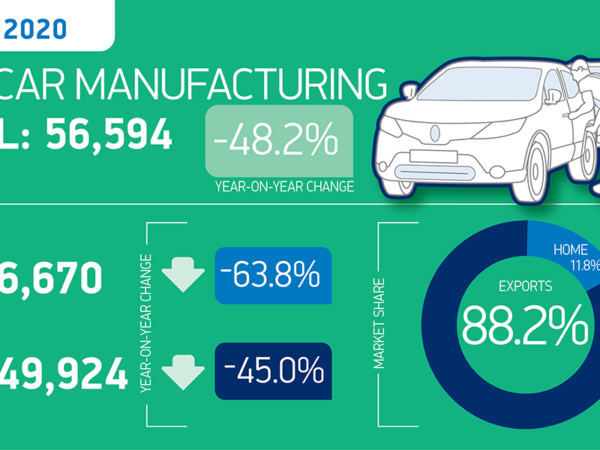 SMMT
SMMT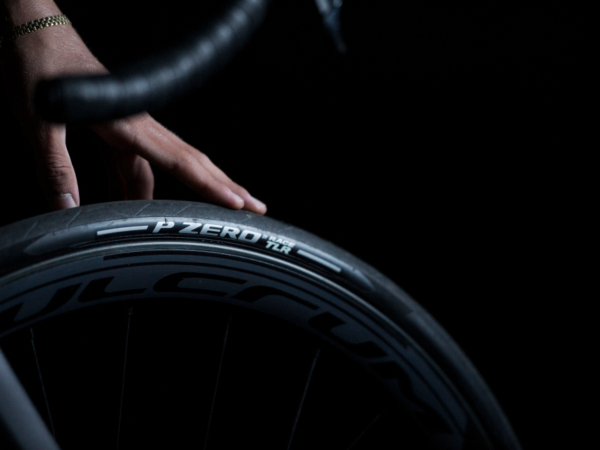 Pirelli
Pirelli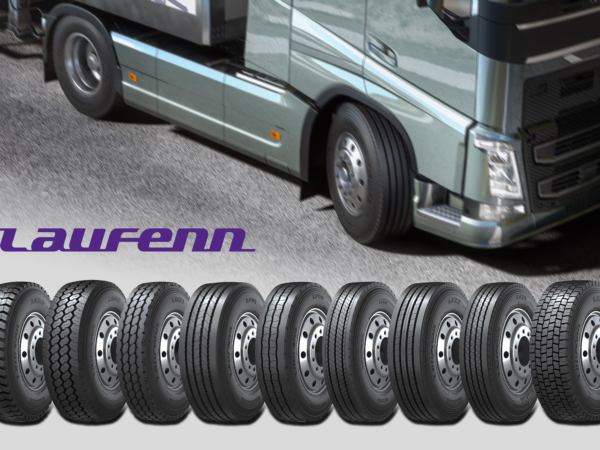 Hankook
Hankook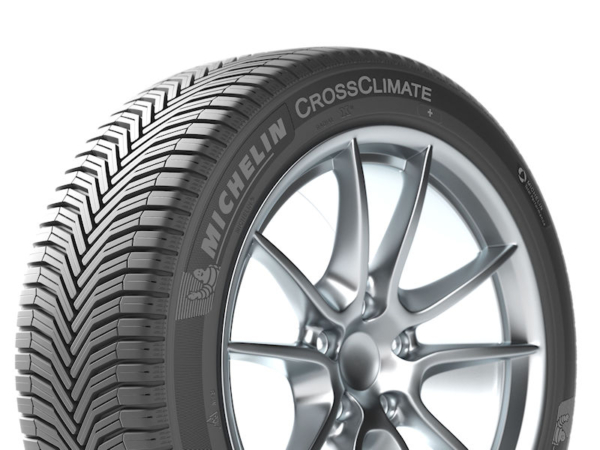 Michelin
Michelin